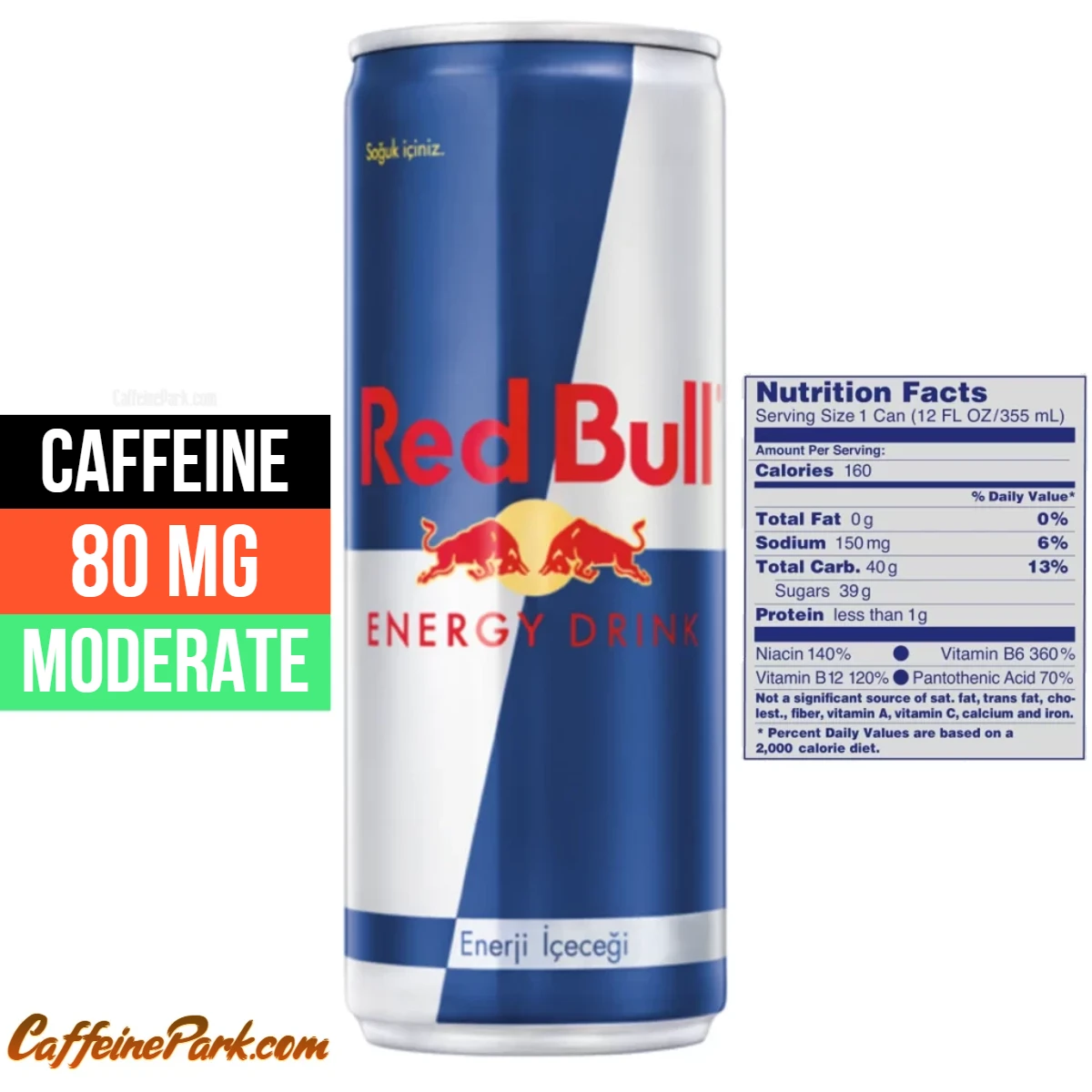
Ceylon Tea Caffeine Content
Welcome to my blog, where we will explore the fascinating world of Ceylon tea caffeine content. As a tea lover, I am always curious to learn about the various types of tea and their unique properties. Ceylon tea, also known as Sri Lankan tea, is one of my favorites, and I’m excited to share my knowledge with you.
In this blog, we will delve into the caffeine content of Ceylon tea and answer some frequently asked questions about it. We’ll also compare the caffeine content of Ceylon tea to other types of tea and discuss the potential health benefits and risks associated with caffeine consumption. Whether you’re a tea enthusiast or simply curious about Ceylon tea, this blog is for you.
So, grab a cup of your favorite tea and join me on this journey of discovery. Read on to learn more about Ceylon tea’s caffeine content and all the amazing things this tea has to offer. Don’t forget to stay tuned till the end for some tips on how to enjoy Ceylon tea while minimizing caffeine intake. Let’s get started!
What is Ceylon tea?
Before we dive into the caffeine content of Ceylon tea, let’s take a moment to learn more about this unique and flavorful beverage. Ceylon tea is made from the leaves of the Camellia sinensis plant, which is native to China and India but is now also grown in Sri Lanka. The tea is named after the former name of Sri Lanka, which was Ceylon.
Ceylon tea is known for its robust and full-bodied flavor, which is why it is often used in blends like an English breakfast tea. It can be enjoyed hot or iced, and it pairs well with a variety of foods, from sweet pastries to savory sandwiches.
Does Ceylon tea have caffeine?
Yes, A typical cup of Ceylon tea (which is around 8 ounces) contains between 50-60 milligrams of caffeine. In fact, Ceylon tea is a type of black tea, which is known for its higher caffeine content compared to other types of tea. The amount of caffeine in Ceylon tea can vary depending on a few factors, such as the type of tea plant, where the tea is grown, and the processing method used. However, in general, Ceylon tea has a medium to high caffeine content compared to other types of black tea. If you are sensitive to caffeine, you may want to limit your intake of Ceylon tea or opt for decaffeinated versions.
Here’s a chart that shows the approximate caffeine content of Ceylon tea based on serving size:
| Serving Size | Caffeine Content |
|---|---|
| 1 teabag (8 oz) | 40-60 mg |
| 1 teaspoon (8 oz) | 20-30 mg |
| 1 tablespoon (8 oz) | 50-70 mg |
| 1 cup (8 oz) | 50-60 mg |
| 1 mug (12 oz) | 70-100 mg |
| 1 pot (32 oz) | 150-190 mg |
Note that these are approximate values and the actual caffeine content can vary depending on the type of Ceylon tea and how it is brewed. Additionally, caffeine content can be affected by individual factors such as body weight, tolerance, and metabolism. If you are sensitive to caffeine or have any concerns about its effects on your health, be sure to consult with your healthcare provider.
If you are sensitive to caffeine or are trying to limit your caffeine intake, there are a few things you can do to reduce the amount of caffeine in your Ceylon tea. One option is to brew the tea for a shorter amount of time (around 2-3 minutes) or use fewer tea leaves. You can also try switching to a decaf version of Ceylon tea, which has had some or all of the caffeine removed.
Compare Ceylon tea caffeine vs other
here’s a chart that compares the approximate caffeine content of Ceylon tea with other types of tea:
| Tea Type | Caffeine Content (per 8 oz serving) |
|---|---|
| Ceylon Tea | 50-60 mg |
| English Breakfast Tea | 40-70 mg |
| Darjeeling Tea | 20-50 mg |
| Green Tea | 20-50 mg |
| White Tea | 20-30 mg |
| Herbal Tea | Caffeine-free |
Note that these are approximate values and the actual caffeine content can vary depending on various factors. Additionally, individual factors such as body weight, tolerance, and metabolism can also affect the caffeine content’s effects on the body. If you are sensitive to caffeine or have any concerns about its effects on your health, be sure to consult with your healthcare provider.
Benefits of drinking Ceylon tea
In addition to its delicious taste, Ceylon tea also offers a number of health benefits. Like other types of black tea, Ceylon tea contains antioxidants that can help protect your body from damage caused by free radicals. These antioxidants may also help lower your risk of certain chronic diseases, such as heart disease and cancer.
Ceylon tea is also a good source of hydration, which is important for maintaining healthy skin, digestive function, and overall wellness. Drinking tea can also help boost your mood and improve mental clarity, thanks to the natural compounds found in tea leaves.
Tips for enjoying Ceylon tea
If you’re ready to give Ceylon tea a try, here are a few tips for enjoying this delicious beverage:
- Choose a high-quality tea: Look for loose-leaf Ceylon tea that is made from high-quality tea leaves. This will ensure that you get the best flavor and aroma from your tea.
- Brew your tea correctly: To make the perfect cup of Ceylon tea, use water that is just below boiling (around 190-200 degrees Fahrenheit) and steep the tea leaves for 3-5 minutes. You can also add a splash of milk or a teaspoon of sugar if you like.
- Try different blends: Ceylon tea is often used in blends, so don’t be afraid to try different combinations of teas to find your favorite flavor. Some popular blends include Earl Grey, chai, and citrus.
- Experiment with iced tea: Ceylon tea is delicious when served cold as well as hot. To make iced Ceylon tea, simply brew the tea as usual and then chill it in the fridge or pour it over ice. You can also add lemon or other fruit for a refreshing twist.
- Pair it with food: Ceylon tea is a versatile beverage that can be enjoyed with a wide variety of foods. It pairs well with sweet treats like scones or biscuits, as well as savory dishes like sandwiches or quiche.
- Store your tea properly: To keep your Ceylon tea fresh and flavorful, store it in an airtight container away from heat and light. You can also freeze tea leaves to extend their shelf life.
Conclusion
Ceylon tea is a delicious and flavorful beverage that offers a range of health benefits. While it does contain caffeine, you can easily adjust the amount to suit your preferences by brewing it for a shorter amount of time or using fewer tea leaves. Whether you enjoy it hot or iced, Ceylon tea is a great choice for tea lovers looking for a new and exciting flavor. So why not give it a try and discover the delicious taste of Sri Lankan tea?
FAQs
The caffeine content of Ceylon tea can vary depending on a few different factors, such as the type of tea plant, the location where the tea is grown, and the processing method used. In general, Ceylon tea has a medium to high caffeine content compared to other types of black tea. However, you can adjust the caffeine content to suit your preferences by brewing the tea for a shorter amount of time or using fewer tea leaves.
Ceylon tea offers a range of health benefits, including improved heart health, reduced inflammation, and a lower risk of chronic diseases like cancer and diabetes. However, all types of tea offer health benefits, and the specific benefits will vary depending on the type of tea and how it is brewed and consumed.
To brew Ceylon tea, start by using high-quality loose-leaf tea leaves. Boil water and let it cool slightly, then add the tea leaves to your brewing vessel. Steep the tea for 3-5 minutes, depending on your desired strength. For best results, avoid over steeping or using water that is too hot, as this can result in a bitter flavor.
If you’re sensitive to caffeine, you can still enjoy Ceylon tea by brewing it for a shorter amount of time or using fewer tea leaves. You can also try decaffeinated Ceylon tea, which has had most of the caffeine removed.
To keep your Ceylon tea fresh and flavorful, store it in an airtight container away from heat and light. You can also freeze tea leaves to extend their shelf life. Be sure to use the tea within a few months for the best results.
Read More:





